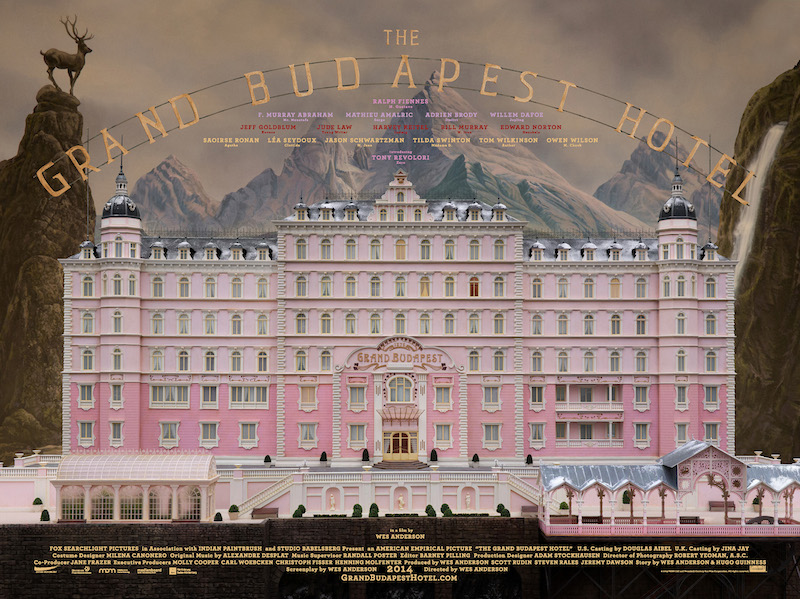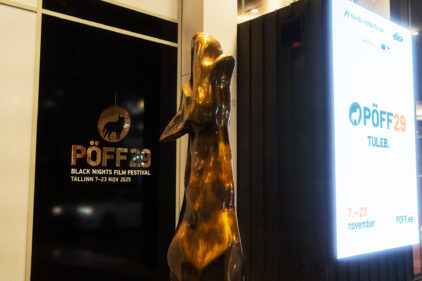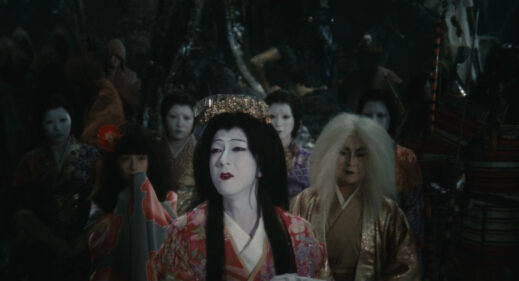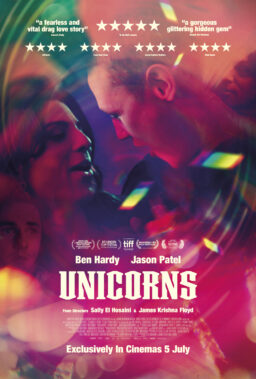Awarding contributors to a movie really ought to be a matter of the artist whose work the film would seem incomplete without. Take Eiko Ishioka’s costumes out of “Bram Stoker’s Dracula”, or Roger Deakins’ cinematography away from “The Assassination of Jesse James By The Coward Robert Ford”, and the films’ very DNA would be corrupted. Similarly, I dare you to imagine “The Grand Budapest Hotel” without Alexandre Desplat’s score. Is there any film this year for which the music felt like a character, a sort of happy-golucky Greek chorus serving up ironic counterpoint or fluid underlining to Anderson’s zany wartime escapades. Alexandre Desplat works on every other film these days (he’s also up for his pretty but comparatively bloodless work on “The Imitation Game”) so it’s always important to remember why he’s the most popular working composer. When he can fill in the gaps in a cinematic world, helping our brains form a picture of not just what’s going on in every character’s mind but also conjuring up the towns, people and animals we don’t see just through his choice of instrument, he’s earned his keep and then some.
Desplat’s score practically does backflips through the margins and onto the page. He scores to footsteps (what they used to call Mickey Mousing), he adapts his leitmotifs for every setting, and he’s unafraid of huge quotients of portent and whimsy. Far Flung Correspondent Olivia Collette and I agreed that there this score is a one-of-a-kind entity and created this essay to help explain why, when February 22nd has come and gone, this score will outlast the competition. It makes “The Grand Budapest Hotel” more joyous, silly, rapturous and tragic, but at bottom, it simply makes the film.
If We Picked The Winners – Alexandre Desplat – Grand Budapest Hotel Score from Scout Tafoya on Vimeo.











